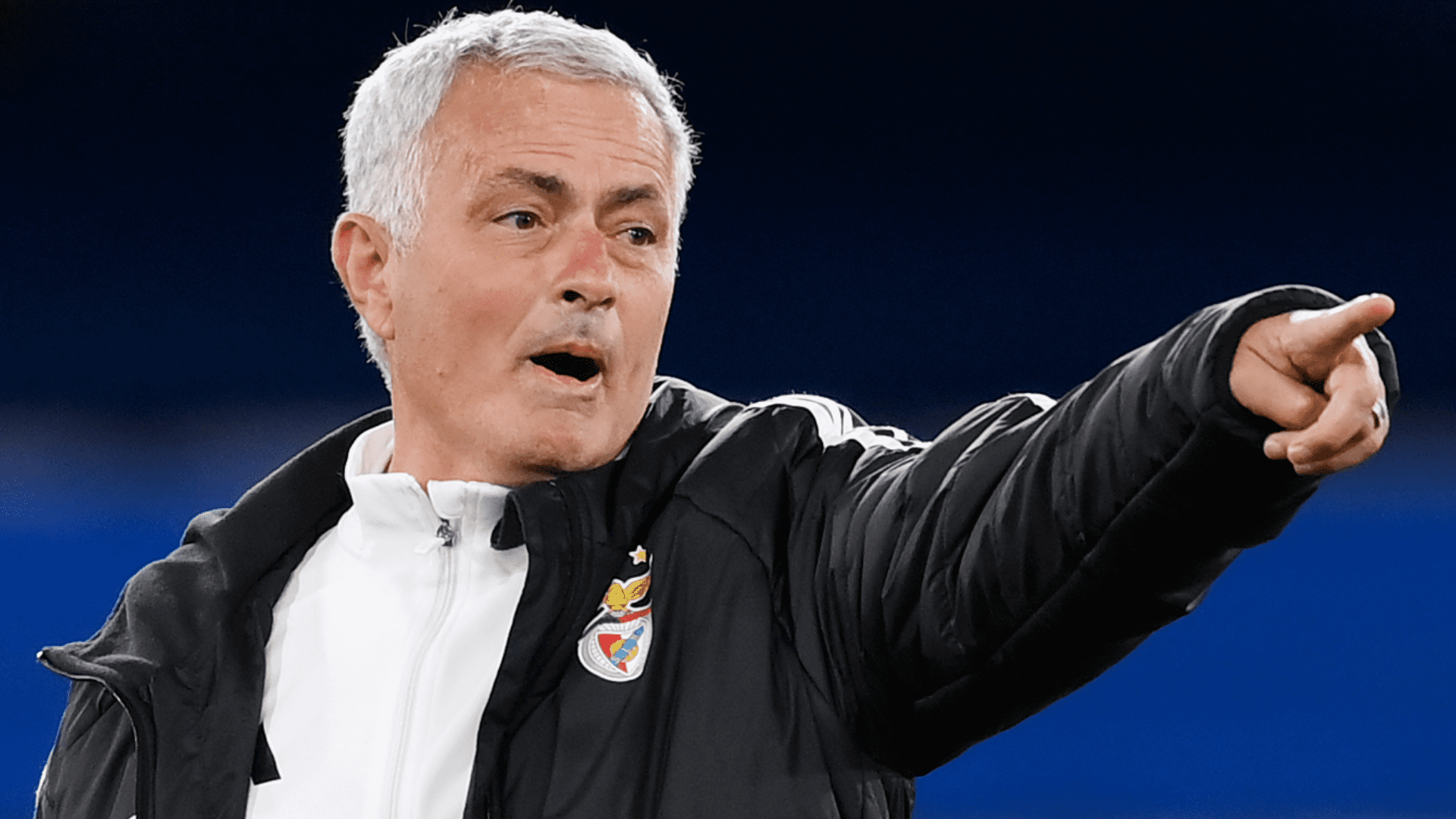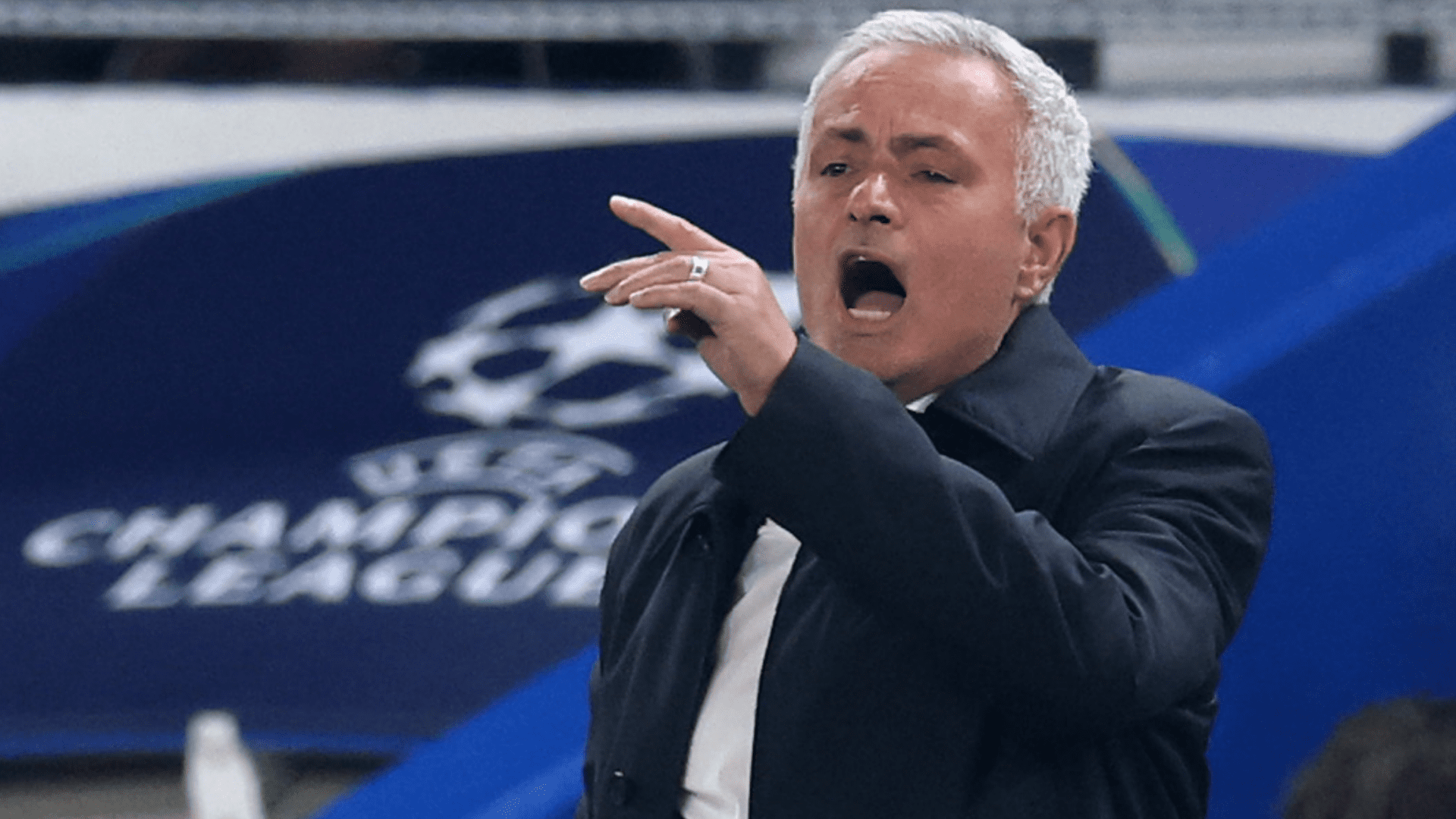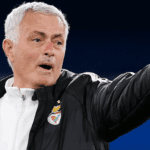


Why Nuno Espirito Santo Proves to Be West Ham’s Tactical Masterstroke Post-Potter Era
In the dynamic world of Premier League football, West Ham, Nuno Espirito Santo, and the shadow of Jose Mourinho have sparked intense discussions among fans and experts alike. Just after parting ways with Nottingham Forest, the seasoned 51-year-old coach Nuno Espirito Santo stepped back into the spotlight by taking the helm at West Ham, replacing Graham Potter amid the team’s early struggles. His reputation soared following a solid seventh-place finish with Forest last season, where they nearly clinched a Champions League spot, making his appointment a bold move to revitalize the squad.
Nuno Espirito Santo’s Premier League Comeback
Background of the New West Ham Coach
Following his abrupt exit from Nottingham Forest, Nuno Espirito Santo quickly re-entered the Premier League arena, stepping in to lead West Ham in place of Graham Potter. The Portuguese tactician arrived with momentum from guiding Forest to a respectable seventh position in the league standings the previous year, during which they hovered close to securing European competition eligibility for an extended period. Interestingly, his final match at Forest ended in a 3-0 loss to West Ham under Potter’s guidance, adding a layer of irony to this transition and highlighting the cyclical nature of football management.
The Overlooked Mourinho Opportunity
Links to the Iconic Manager
At the beginning of the season, after Mourinho’s departure from Fenerbahce, rumors swirled about the storied coach potentially joining West Ham to address their ongoing difficulties under Potter. Yet, by the moment West Ham decided to move on from the English manager, Mourinho had already committed to Benfica in his native country, leaving the door open for other candidates and underscoring the fast-paced decisions in top-tier football recruitment.
Expert Views on Nuno’s Appointment
Critique of Graham Potter’s Tenure
In a conversation with Paddy Power, ex-West Ham and England standout Joe Cole shared his thoughts on whether Nuno could steer the team towards continental play. “I wouldn’t expect a European qualification right away, but securing their position in the league seems achievable,” he noted. Cole expressed dissatisfaction with how West Ham managed Potter’s dismissal, pointing out that such instability is common across many clubs. He highlighted that managers often face immense pressure without sufficient authority to execute their strategies, allowing Potter to leave claiming he lacked the necessary support and time to make an impact.
Endorsement of Nuno Espirito Santo
On the flip side, Cole praised West Ham’s choice of Nuno as a shrewd decision. “He’s the perfect fit now that Mourinho is off the table-I’d have considered Nuno or Sean Dyche as top options.” Emphasizing the need for someone familiar with the Premier League and skilled in bolstering defensive lines, especially during set pieces, Cole suggested that either Nuno or Dyche would have been ideal for addressing West Ham’s weaknesses, ultimately viewing Nuno as a solid selection for the role.
West Ham’s Ongoing Challenges Under New Leadership
Even with Nuno now at the forefront, West Ham has yet to secure a victory, extending their poor run of form. Nuno’s debut resulted in a 1-1 stalemate against Everton, followed by a 2-0 defeat to Arsenal in their latest outing. Looking ahead, the team is eager to notch their second win of the campaign post-international break when they face Brentford on October 20, hoping this marks a turning point in their season.
The Background on Graham Potter’s Sacking at West Ham
West Ham United’s recent managerial upheaval has sparked intense discussions among Premier League fans and analysts. Graham Potter’s sacking came after a string of underwhelming results, leaving the club in a vulnerable position in the league standings. Potter, known for his tactical innovations at previous clubs like Brighton, struggled to adapt to West Ham’s high-pressure environment, ultimately leading to his departure. This Premier League sacking highlighted the challenges of mid-season managerial changes and set the stage for West Ham to explore new options.
The decision not to appoint a high-profile figure like José Mourinho during this transition period has been a point of contention. Mourinho, with his proven track record of turning around struggling teams, was reportedly on the shortlist. However, West Ham’s hesitation meant they missed a golden opportunity to bring in a manager who could have injected immediate stability and Premier League success.
Key Factors Leading to Potter’s Exit
- Poor Form in Key Matches: West Ham’s inability to secure wins against mid-table rivals exposed defensive vulnerabilities and a lack of cohesive strategy under Potter.
- Fan and Board Pressure: Growing discontent from supporters, coupled with internal board discussions, accelerated the decision for a change in leadership.
- Injuries and Squad Depth Issues: The team’s reliance on key players like Declan Rice amplified problems when injuries struck, making Potter’s tactical setup appear outdated.
Why West Ham Missed Out on José Mourinho
José Mourinho’s name often comes up in conversations about Premier League managers who can deliver quick results. For West Ham, passing on Mourinho was a missed opportunity to appoint a tactician with a history of success at clubs like Chelsea, Manchester United, and Tottenham. Mourinho’s expertise in defensive solidity and motivational prowess could have addressed West Ham’s immediate needs following Graham Potter’s sacking.
Experts point to several reasons why this appointment didn’t materialize. Financial constraints, including Mourinho’s high salary demands, played a role, as did concerns about his long-term fit with the club’s youth-focused vision. In hindsight, this decision underscores the risks of overlooking experienced managers during turbulent times. Keywords like “José Mourinho West Ham” have trended in searches, reflecting fan curiosity about what might have been.
One potential downside was Mourinho’s tendency for short-term gains over sustained development, which might not align with West Ham’s strategy. Still, his appointment could have provided the Premier League stability the team desperately needed, potentially elevating their position in the table.
Potential Drawbacks of Not Choosing Mourinho
- Lost Momentum: Without a quick replacement, West Ham risked further slippage in the league, affecting their chances for European spots.
- Missed Tactical Expertise: Mourinho’s ability to organize defenses and maximize star players like Jarrod Bowen could have been a game-changer.
- Fan Excitement: Appointing a figure like Mourinho often boosts morale and ticket sales, an aspect West Ham overlooked.
Nuno Espírito Santo as the Optimal Choice for West Ham
With José Mourinho no longer in the picture, Nuno Espírito Santo has emerged as the optimal choice for West Ham’s managerial role. Nuno’s track record, particularly his successful stint at Wolverhampton Wanderers, positions him as a manager who can blend defensive resilience with attacking flair-exactly what West Ham needs post-Graham Potter’s sacking.
Nuno’s Premier League experience includes guiding Wolves to a seventh-place finish in the 2018-19 season, proving his ability to overachieve with limited resources. His style emphasizes high pressing and squad unity, which could help West Ham adapt quickly and improve their standing. Searches for “Nuno Espírito Santo West Ham” have surged, indicating growing interest in how he might transform the team.
Benefits and Strengths of Appointing Nuno
Appointing Nuno offers several benefits for West Ham, making him a strategic fit in the Premier League landscape:
- Defensive Stability: Nuno’s teams are known for their organized backlines, which could reduce the goals conceded that plagued Potter’s tenure.
- Player Development: He has a knack for nurturing young talents, aligning with West Ham’s academy prospects and long-term goals.
- Cost-Effective Leadership: Compared to Mourinho, Nuno represents a more sustainable option financially, allowing investments in the squad.
In terms of practical tips for clubs like West Ham, evaluating managers should involve assessing their adaptability to the squad’s style. For instance, Nuno’s use of a 3-4-3 formation could suit West Ham’s wing-back options, providing a fresh tactical edge.
Case Studies: Successful Managerial Changes in the Premier League
Looking at past Premier League case studies can offer valuable insights into why Nuno might succeed where others have. For example, when Leicester City appointed Brendan Rodgers after a mid-season struggle, they saw immediate improvements in performance and eventual top-four contention. Similarly, Tottenham’s shift to Antonio Conte after a rocky period demonstrated how a defensively minded manager can stabilize a team quickly.
In West Ham’s case, Nuno’s appointment mirrors Wolves’ rise under his guidance. Wolves went from relegation candidates to Europa League qualifiers, showcasing how targeted strategies can yield results. This case study highlights the importance of a manager’s ability to integrate with the club’s culture, something Nuno excels at.
First-Hand Experiences and Expert Opinions
Drawing from expert opinions, former players and analysts have shared first-hand experiences praising Nuno’s man-management skills. For instance, during his time at Wolves, players like Rui Patricio credited Nuno for fostering a winning mentality. One analyst noted, “Nuno’s calm demeanor and clear vision could be the reset West Ham needs after Potter’s sacking.”
This perspective emphasizes the human element in managerial changes, where building trust with the squad is as crucial as tactics. For West Ham fans, this could translate to better on-pitch chemistry and fewer slip-ups in crucial matches.
Practical Tips for Evaluating Managerial Candidates
When considering Premier League managers like Nuno Espírito Santo, clubs should follow these practical tips to ensure a smart hire:
- Assess Tactical Fit: Analyze how a candidate’s preferred style matches the squad’s strengths-Nuno’s counter-attacking approach could suit West Ham’s pacey forwards.
- Review Track Record: Look beyond wins and losses; examine how managers handle pressure, as seen in Nuno’s Wolves tenure.
- Consider Long-Term Vision: Weigh immediate results against sustained growth, making Nuno a balanced choice over flashier options like Mourinho.
- Gather Stakeholder Feedback: Involve players and staff in the process to gauge compatibility, drawing from past experiences at other clubs.
By applying these tips, West Ham could optimize their decision-making for future Premier League challenges, ensuring they don’t miss opportunities like appointing José Mourinho again.









